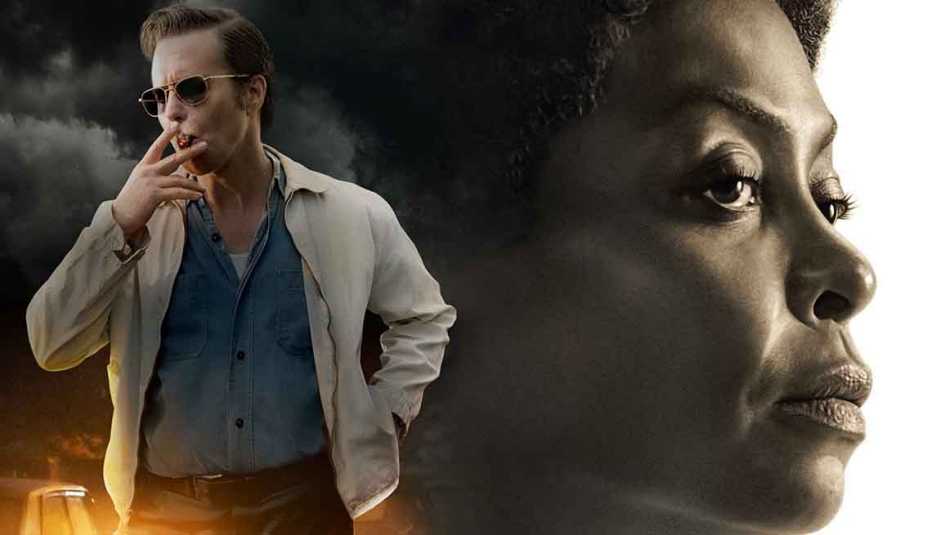AARP Hearing Center


Rating: PG-13
Run time: 2 hours 13 minutes
Stars: Taraji P. Henson, Sam Rockwell, Babou Ceesay, Anne Heche
Director: Robin Bissell
Not to be confused with Oscar winner Morgan Neville’s great 2015 documentary Best of Enemies (about William Buckley’s fights with Gore Vidal), this heartwarming film tells a true story that’s like Green Book or BlacKkKlansman, only even stranger. Like Green Book, it’s about an unlikely black-white friendship, and like BlacKkKlansman, it’s about a real-life confrontation with the Ku Klux Klan.
The improbable friends started out as implacable enemies. C.P. Ellis (played by Sam Rockwell, 50) was the Exalted Grand Cyclops of the Klan in Durham, N.C., and Ann Atwater (Taraji P. Henson, 48) a sharecropper’s daughter and single welfare mom in a home with no electricity who found her calling as an extraordinarily electrifying activist. Both were hotheads whose rhetoric rallied their political groups, and Atwater once got so angry with Ellis and his racist tirades at a public event that she pulled a knife from her purse and considered cutting his throat. Her pastor dissuaded her, saying, “Don’t give them the satisfaction.”
In 1971, a crisis brought Ellis and Atwater together. Durham was slow to fully desegregate its schools after the Supreme Court required it, and when a fire closed its big school for black children, Atwater’s faction demanded that black students be permitted to finish up the school year at the white kids’ school. Labor organizer Bill Riddick (Babou Ceesay) came from Raleigh to stage a meeting to settle the question — and shocked Ellis and Atwater by appointing them to represent their feuding communities at a 10-day event called a charrette. The vote at the charrette would decide the issue.

































































More on Entertainment
Martin Short and Steve Martin’s Greatest Collaborations
Watch their funniest scenes from 'SNL' to 'Only Murders in the Building'